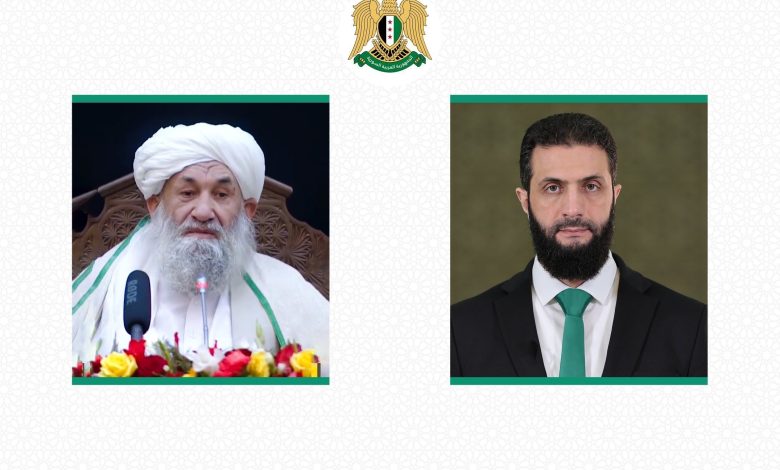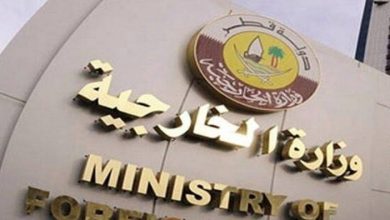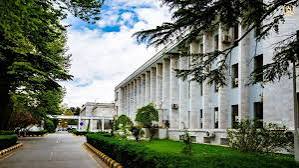Phone Call Between Afghanistan’s Prime Minister and Syria’s Interim President

Weezha Roz-Kabul–Mohammad Hassan Akhund, the Prime Minister of the Islamic Emirate of Afghanistan, congratulated Ahmed al-Sharaa on assuming the position of interim President of Syria during a phone call.
This call is part of efforts to strengthen bilateral relations and regional cooperation.
According to a statement released by the Prime Minister’s Office, Akhund, in his conversation, wished al-Sharaa success in “overcoming challenges and achieving the goals of the Syrian people,” emphasizing the importance of solidifying brotherly ties between the two countries.
He expressed hope that this cooperation would grow in the interest of mutual benefits for both Afghanistan and Syria.
Ahmed al-Sharaa, previously known as Abu Muhammad al-Julani, was appointed interim president of Syria following the fall of Bashar al-Assad in December 2024.
He is the leader of the group “Hayat Tahrir al-Sham,” which is working on drafting a new political structure for the country after the abolition of Assad’s constitutional framework.
This phone call comes at a time when Syria is in a sensitive transitional phase and is in need of international support for post-civil war reconstruction.
Afghanistan, following recent developments in its own government structure, is seeking to expand its diplomatic ties with like-minded countries.
Earlier, Ilham Aliyev, the President of Azerbaijan, sent a congratulatory message to al-Sharaa, expressing readiness for cooperation with Syria.
Western countries, despite efforts to restore relations with Damascus, have expressed doubts regarding the Islamism of the new Syrian government.
Russian President Vladimir Putin has also recently spoken with al-Julani, reaffirming Russia’s support for Syria’s territorial integrity.
Afghanistan may participate in Syria’s reconstruction projects, particularly in infrastructure and security sectors.
Given the presence of insurgent groups in both countries, cooperation in combating terrorism could also be on the agenda.
Ambiguities surrounding the integration of Syrian armed groups and tensions with U.S.-backed Kurdish forces remain major obstacles to stability in Syria.
Conclusion:
This phone call not only signifies Afghanistan’s inclination to play a more active role in regional developments but could also pave the way for strategic cooperation between the two countries in the post-conflict era.
The success of these relations will depend on the ability of the new governments to manage internal challenges and secure international support.
Weezha Roz




